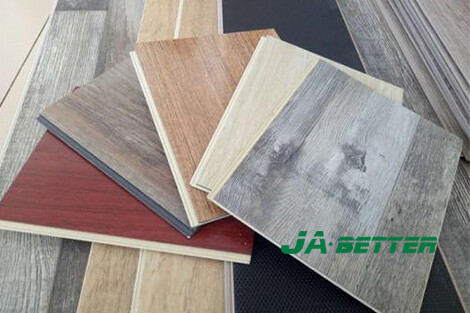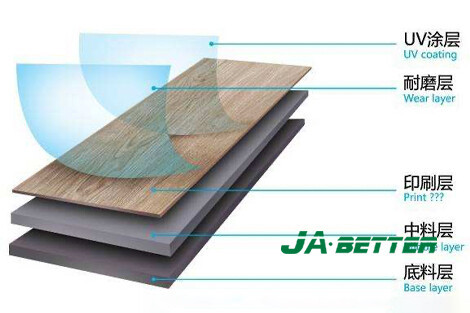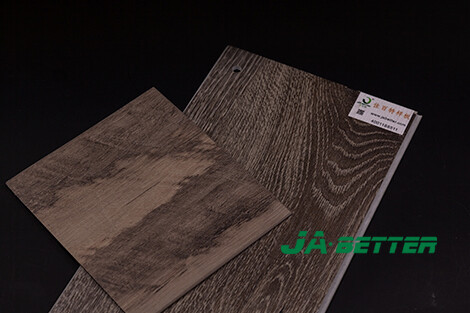Welcome to Qingdao Jabetter New Material Technology Co., Ltd. Official Website!
NEWS
In the production of Stone Plastic Composite (SPC) flooring, calcium-zinc stabilizers serve as a crucial eco-friendly additive, primarily enhancing the thermal stability and processability of the material while ensuring its safety. Their key functions include the following aspects:
Thermal Stability: The main components of SPC flooring are polyvinyl chloride (PVC) and calcium carbonate. During high-temperature processing, PVC tends to decompose and release hydrogen chloride (HCl), leading to material degradation. Calcium-zinc stabilizers effectively absorb HCl, inhibiting decomposition and ensuring material stability during high-temperature processes such as extrusion and calendaring.
Environmental Safety: Traditional lead-based stabilizers are toxic, whereas calcium-zinc stabilizers consist of non-toxic metals such as calcium and zinc. They comply with environmental standards like RoHS and REACH, making them suitable for SPC flooring production where strict environmental regulations apply.
Processing Lubrication: Calcium-zinc stabilizers provide a certain degree of lubrication, improving the flowability of PVC mixtures. This ensures more uniform extrusion and molding of SPC flooring, reduces equipment wear, and enhances production efficiency.
Long-Term Durability: SPC flooring containing calcium-zinc stabilizers exhibits superior anti-aging properties, minimizing the impact of environmental factors such as UV exposure, humidity, and heat, thereby extending the floor’s service life.
In summary, calcium-zinc stabilizers not only ensure processing stability in SPC flooring production but also enhance the product’s environmental friendliness and durability, making them a key additive in manufacturing high-quality SPC flooring.




